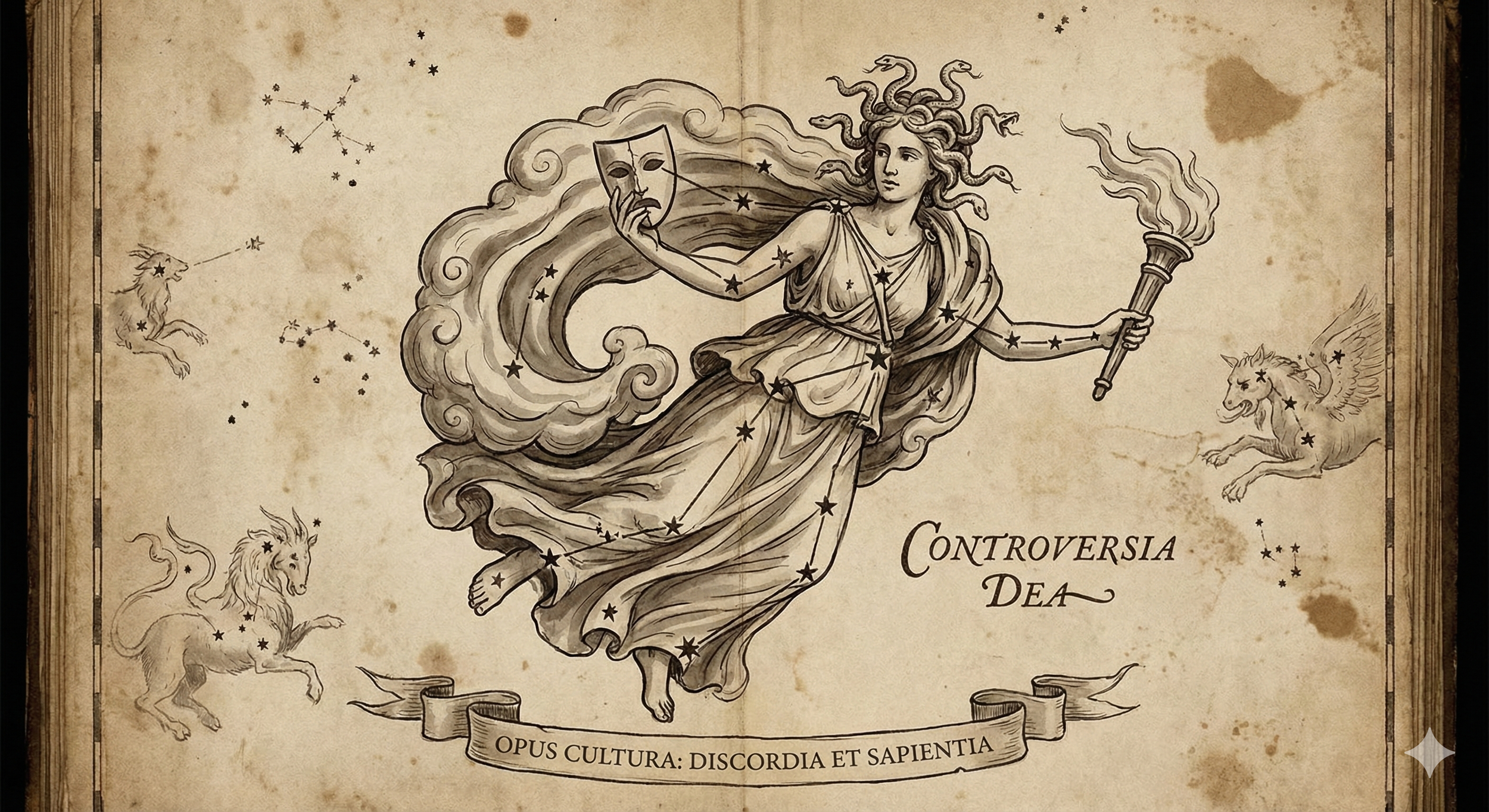Race to [Get to] the Bottom [of This]
The Yuck Threshold
We’re all in the cultural sector and the things museums remind me is that most things don’t survive. We see different civilizations and all the things they’ve left behind that don’t exist anymore. We should remember that we, too, are heading in this direction where our civilization as we know it will cease to exist. This is just what happens. I think that when things close, they make space for new things.
The "Art" in "Artificial Intelligence"
My interest, naturally, lies in the dataset used to curate the show. In other words, the algorithm bloodhounds the internet for traces of digitized collection information from cataloged objects relevant to the prompt entered into ChatGPT. In other words, the catalog information of the collection available online. In other words, the work of registrars and collections managers.
British Museum Deaccessions!
Those of us who spend time with collections (not just in museums) know that several pieces will never wake from hibernation. While candidates for deaccessioning, removing objects could create a major image problem and also requires a large amount of work for staff. Safely storing and housing these objects similarly requires massive amounts of resources and represents a safety risk as illustrated by the British Museum.
The Pulse of Repatriation
On an almost weekly basis, we hear a new story about objects returning to their country or culture of origin. Fantastic, right? On the one hand, like dropping a stone down a deep, black well, we wait for the splash which seems to never arrive. Likewise, the amount of plundering by colonial powers that occurred throughout history appears similarly profound and endless. On the other, does the steady return also show that institutions around the world take seriously the situation and actively seek to return objects?



![Race to [Get to] the Bottom [of This]](https://images.squarespace-cdn.com/content/v1/5b818890297114b18b5c6121/1733576841509-AJOFWJCWCQ7JGW5Z55Y0/unsplash-image-WyxqQpyFNk8.jpg)




